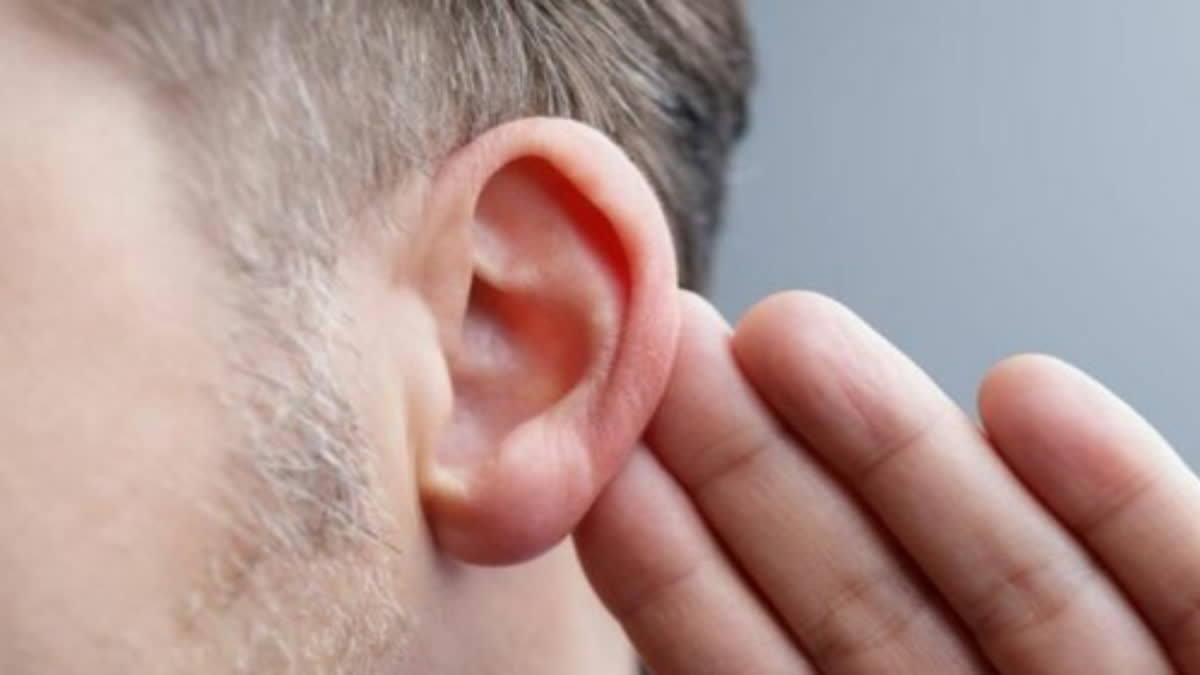New York: Age-related hearing loss is associated with a decrease of cholesterol in the inner ear and a common supplement may help reduce the condition, according to a study in mice.
Experiments published in the open-access journal PLOS Biology show that phytosterol supplements were able to act in place of the lost cholesterol and prevent sensory dysfunction in mice. Sensory cells in the inner ear called outer hair cells (OHCs) amplify sounds by changing their length.
As people age, these cells lose their ability to stretch in response to sound, preventing sound amplification and leading to age-related hearing loss. Because cholesterol is a key player in the stretch response, and because brain cholesterol has recently been shown to decrease with age, researchers hypothesise that hearing loss might be related to loss of cholesterol in OHCs. The team from the University of Buenos Aires in Argentina tested this hypothesis in mice.
First, the researchers measured the amount of CYP46A1 in inner ear OHCs because this enzyme helps break down and recycle cholesterol. As expected, they found more CYP46A1 in the inner ears of older mice than in younger mice, and consequently less cholesterol. Next, they showed cause and effect by inducing hearing loss in young mice, as indicated by abnormal inner ear-cell output, by over-activating CYP46A1 with a drug.
Also read: Listeria Monocytogenes: Bacteria that claimed three lives in United States
Finally, they tested whether increasing cholesterol in the brain could counter the drug. Since cholesterol itself cannot actually enter the brain from the blood, the researchers used plant-based cholesterol-like compounds called phytosterols which can. The young mice who got both the CYP46A1-activating drug and three weeks of dietary phytosterols displayed improved OHC function.
As phytosterols can be found in many over-the-counter supplements, they could be a convenient way to combat age-related hearing loss. However, directly testing their effects on hearing loss in older mouse models as well as in humans will be necessary before more definite conclusions can be made.
"In the present work we show that: 1) ageing triggers cholesterol loss from sensory cells of the inner ear, 2) a retroviral treatment widely employed for HIV/AIDS patients reproduces the cholesterol loss observed in aged individuals and leads to impaired outer hair cells' function and 3) we found that these defects can be partly reversed by phytosterols supplementation," said the researchers led by Maria Eugenia Gomez-Casati, from the varsity’s Institute of Pharmacology.
"Our findings are very promising because they provide the first proof-of-principle supporting phytosterols supplementation as a possible approach for prevention or treatment of hearing loss," Gomez-Casati added. (IANS)
Also read: Higher temperatures could make Dengue virus more virulent: Study



